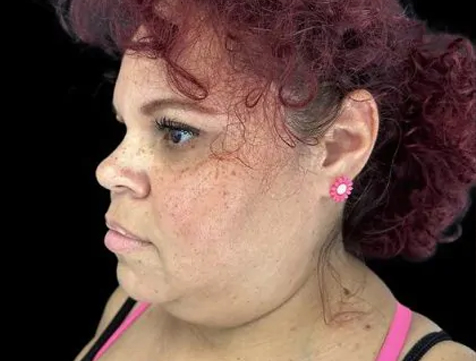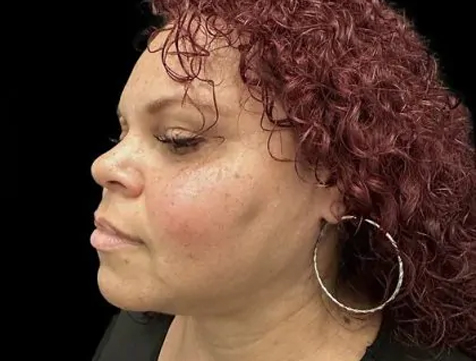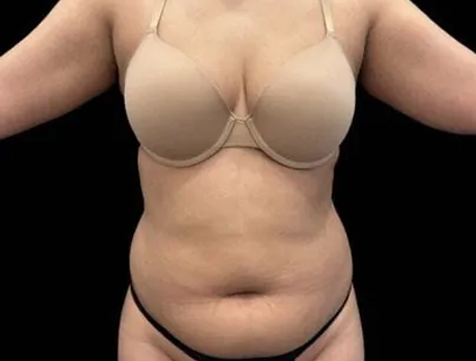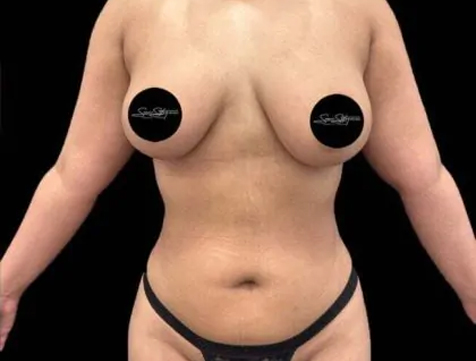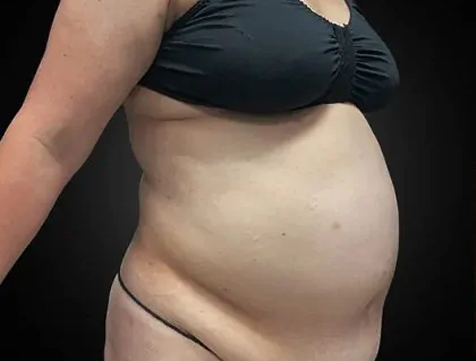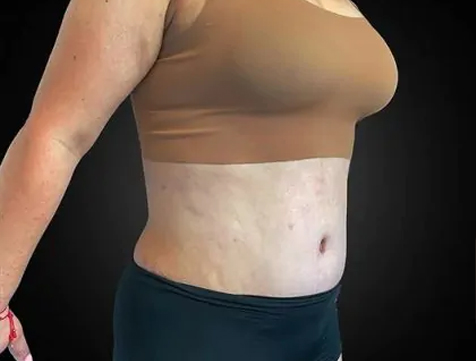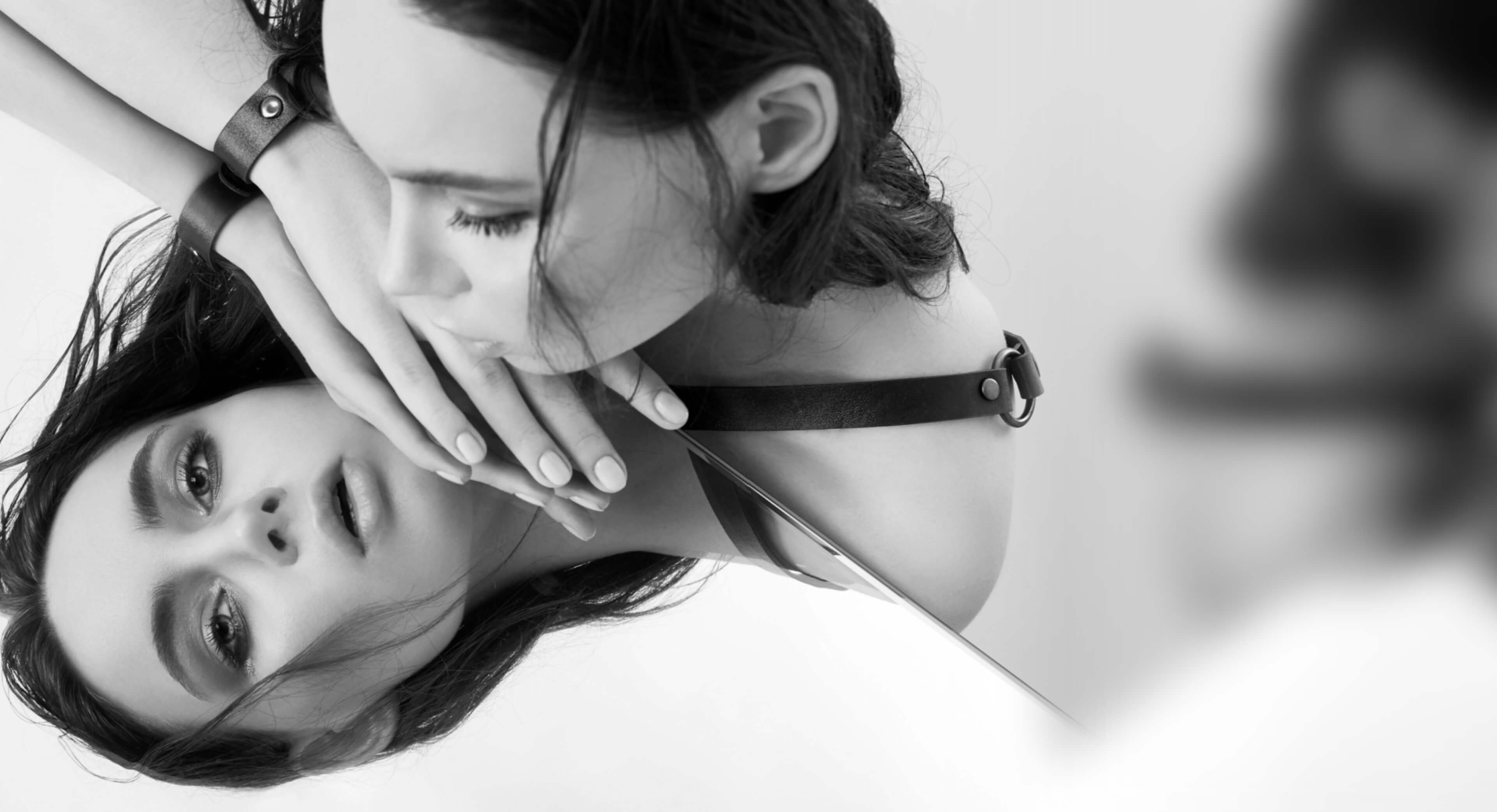Pre-Operative

Prepare for an exceptional cosmetic surgery experience in Beverly Hills with Dr. Sean Satey’s pre-operative guide. From arranging accommodations to coordinating consultations, our comprehensive guidance ensures a seamless journey as you embark on your transformative aesthetic journey.
Contents
- 1 How To Get A Consultation With Dr. Sean Satey?
- 2 Pre-Operative Clearance
- 3 Importance Of Getting Clearance
- 4 Smoking And Cosmetic Procedures
- 5 3 Pre-Surgery Health Tips
- 6 Food And Supplements To Take Before Cosmetic Surgery
- 7 Food And Supplements To Avoid Before Cosmetic Surgery
- 8 How Do I Schedule A Consultation?
- 9 Preparation Before Your Consultation
- 10 Choosing Your Surgeon
- 11 Blood Clot Risk
- 12 Where Do I Perform My Cosmetic Surgery Procedures?
- 13 What Foods And Supplements Should I Take Before My Cosmetic Surgery?
- 14 Surgery Day Attire: What Do I Wear To My Cosmetic Surgery?
How To Get A Consultation With Dr. Sean Satey?
Consultations are FREE for a limited time, and may be done in one of two ways- in person or virtual. If you’re local, I encourage you to come in and see our beautiful office! If you’re from out of town (like +60% of my patients), we can conduct a virtual consultation through a platform convenient to you (Zoom, FaceTime, WhatsApp, etc).
Pre-Operative Clearance
The most important step to ensure a safe and successful cosmetic surgery is your pre-operative work up or clearance.
After your consultation and prior to the date of surgery, we schedule you for a pre-operative visit. During this time, we will thoroughly re-examine you and review the proposed plan. We will also go over all of the proposed labs and tests that we will need prior to your surgery date to ensure that you are fit and optimized for surgery!
At the end of the day, your safety is my number one priority!
Importance Of Getting Clearance
So what happens if you undergo your preoperative labs and assessment and are found to be a sub optimal candidate for cosmetic surgery?
The short answer is that we don’t do your procedure!
The reason is that I want to make sure that you are as optimized for surgery as possible. I also want to make sure that you are going be safe!
I will do all that I can to help guide you throughout the entire process
Smoking And Cosmetic Procedures
Smoking is an all encompassing word which includes tobacco, marijuana and vaping.
If we are performing any surgery that involves a large incision (abdominoplasty) or high definition abdominal etching, you must stop smoking for 3 months.
If we are performing straight forward liposculpting via small poke hole incisions, I ask that you stop smoking at least 1 month prior to surgery!
The reason is that smoking actually inhibits wound healing and increases your risk of peri-operative infections!
As far as when can you re-start smoking…NEVER!
If you absolutely must, you could resume as early as 6 weeks post surgery although I recommend waiting 3 months.
3 Pre-Surgery Health Tips
- Homeostasis. Prior to your surgery, you should be at your target weight. That means that I don’t want you to lose weight OR gain weight prior to your surgery! I want you to be at whatever weight you plan to be! The reason for this is because your body is like a blank canvas. And just like artwork, if the canvas changes (if you gain or lose weight), the art will too!
- Eat healthy. Maintaining a healthy lifestyle is imperative not only to your surgical results but to your overall health as well. Consuming foods rich in protein and void of carbohydrates is key.
- Exercise. This allows for not only the burning of fat but the toning of muscles. It also allows for the maintenance of a healthy lifestyle.
Food And Supplements To Take Before Cosmetic Surgery
I encourage taking foods high in protein. The reason is because your blood cells and collagen production depend on it! These include things like lean fish, organic meats, seeds, nuts, eggs, and quinoa.
Also, make sure that you increase your water intake. Surgery has a lot of insensible fluid losses and hydration helps alleviate this.
You should also have a low carbohydrate diet. That’s because diets rich in carbohydrates are pro-inflammatory and can suppress your immune function and wound healing.
Avoid activities like smoking, drinking alcohol, caffeine and sugar! These all inhibit wound healing as well!
Food And Supplements To Avoid Before Cosmetic Surgery
The journey starts 1 week before your surgery date!
Stop taking things like herbal supplements, vitamins, omega-3 fatty acids (fish oils) and non-steroidal anti-inflammatory drugs (NSAIDs, ie Aleve, Motrin, Aspirin, etc) as these may thin your blood! In a similar manner, you want to stop taking your blood thinners around this time as well- with the clearance of your primary doctor of course!
As far as food goes, avoid things like ginger, green tea, flax seeds, cayenne peppers, ginkgo biloba, tomatoes, eggplants, garlic, and fish to name a few. These all disturb the time required to create a clot (or stop bleeding).
You also want to avoid things like caffeine, alcohol and MSG!
You’ll get a detailed list prior to your surgery date!
How Do I Schedule A Consultation?
Consultations may be done in one of two ways:
In-person or Virtual.
If you’re local, I encourage you to come in and see our beautiful office! If you’re from out of town (like +60% of my patients), we can conduct a virtual consultation through a platform convenient to you (Zoom, FaceTime, WhatsApp, etc.)
Whether we meet in person or virtually, my goal is to help you become the best version of you.
Preparation Before Your Consultation
The first step in becoming the best version of you is preparing for your cosmetic surgery consultation! I recommend four key things:
- Learn about your procedure(s): This involves doing some basic research about the procedures you are interested in. That way, with a basic understanding of the procedures, we can have a much more meaningful conversation at the time of your consultation!
- Gather reference photos: These are wish pics that can give an idea of your ideal body type.
- Research your surgeon: Every surgeon has their own style. Make sure that their style resonates with you!
- Ask questions: The more informed you are, the better your mindset and outcome!
Choosing Your Surgeon
First and foremost, find a surgeon that isn’t motivated by sales! Rather, find a surgeon that is patient oriented and results driven. Someone that has high integrity. A surgeon that won’t push you to do unnecessary procedures!
Second, you want to make sure that you like the surgical style of your surgeon. Remember, every surgeon has their own signature.
Education and experience are also paramount when selecting your cosmetic surgeon! Make sure that the surgeon is well versed in cosmetic procedures and operations.
Make sure that your surgeon will listen to you and they aren’t just going to do whatever they want to you!
Most importantly, you want to make sure that the quality of care that you’re going to receive isn’t just isolated to your pre-operative care, but will carry on to the intra-operative and post-operative periods!
Blood Clot Risk
A feared complication of any surgical patient is a blood clot! But to put things in perspective, the likelihood of you getting into a car accident on the way to your surgery is actually HIGHER than you getting a blood clot from your surgery!
The risk is highest 2-10 days after your surgical procedure. This is in part due to limited mobility and increased pro-inflammatory markers in your blood! For that reason, I encourage early ambulation for all of my patients – including the immediate post-operative period. In addition, during your operation, I use things like sequential compression devices which mimic ambulation and help circulate your blood!
There is a scoring system that I use which helps quantify the risk of a blood clot: CAPRINI SCORE. This scoring system ranges from 0 to greater than 9, and risk stratifies patients as low, moderate and high risk for a clot.
Where Do I Perform My Cosmetic Surgery Procedures?
All of the surgical procedures that I do are performed in facilities that are accredited. There are three main governing bodies for accreditation:
- JCAHO
- AAAHC
- AAAASF
You’re safety is my number one concern! Make sure you know where your surgeon is operating!
What Foods And Supplements Should I Take Before My Cosmetic Surgery?
I encourage taking foods high in protein. The reason is because your blood cells and collagen production depend on it! These include things like lean fish, organic meats, seeds, nuts, eggs, and quinoa.
Also, make sure that you increase your water intake. Surgery has a lot of insensible fluid losses and hydration helps alleviate this.
You should also have a low carbohydrate diet. That’s because diets rich in carbohydrates are pro-inflammatory and can suppress your immune function and wound healing.
Avoid activities like smoking, drinking alcohol, caffeine and sugar! These all inhibit wound healing as well!
Surgery Day Attire: What Do I Wear To My Cosmetic Surgery?
This isn’t the day where you bring out your Christian Louboutin heels or sneakers!
Rather, this is where you put on your Yeezy slides!
Your surgery day attire should be something comfortable. Something that you can easily put on and take off. You want to avoid things like laces or heels, belts, and tons of buttons. I usually recommend wearing sweats or your comfortable loose-fitting set of Lululemons.
